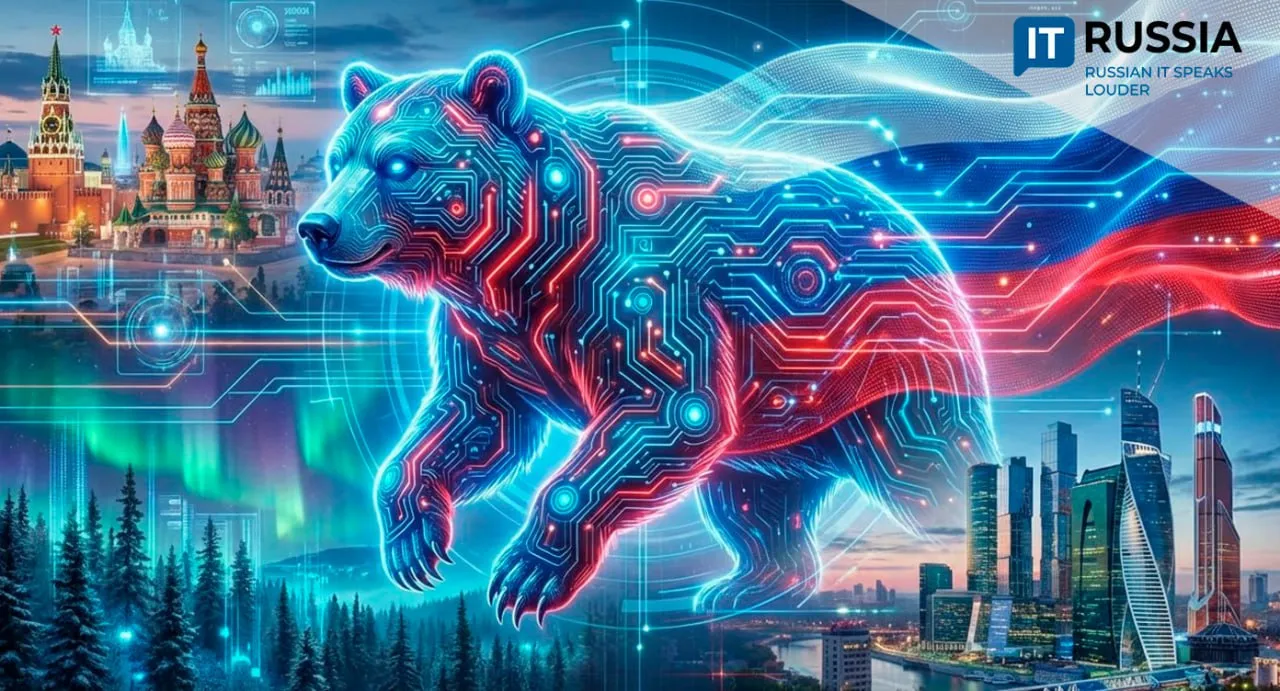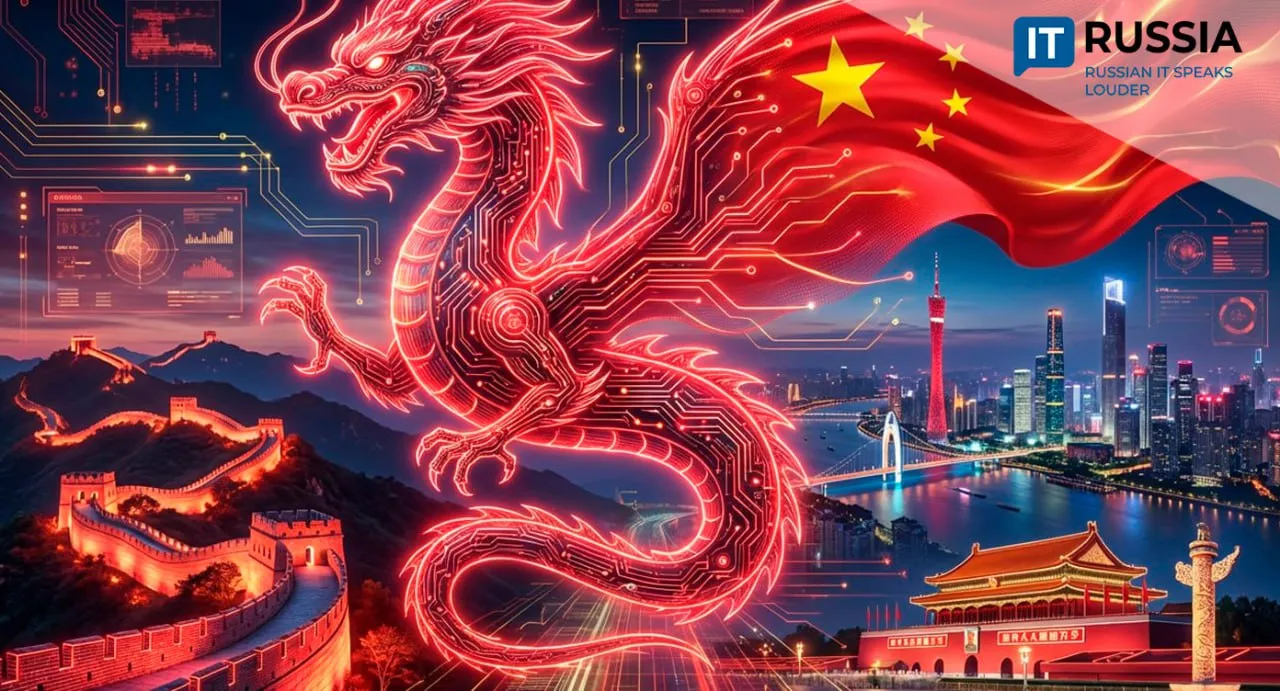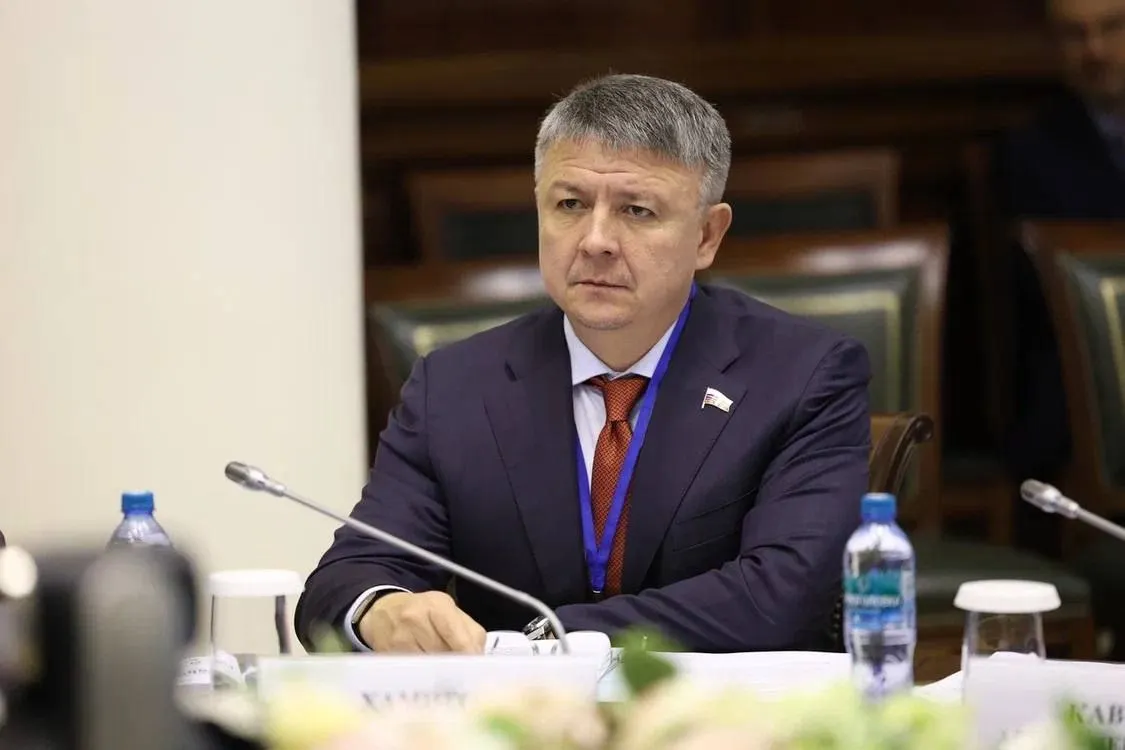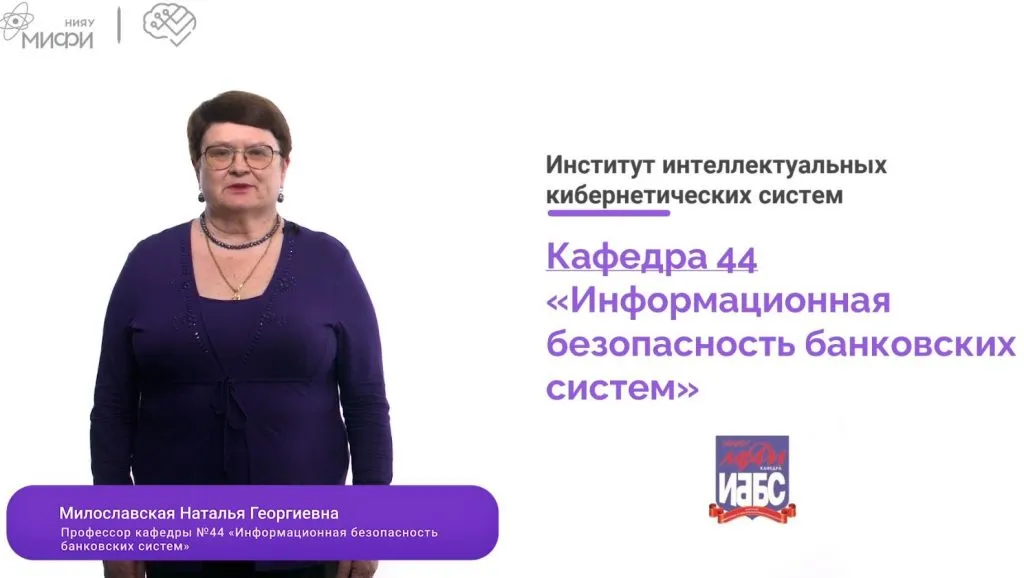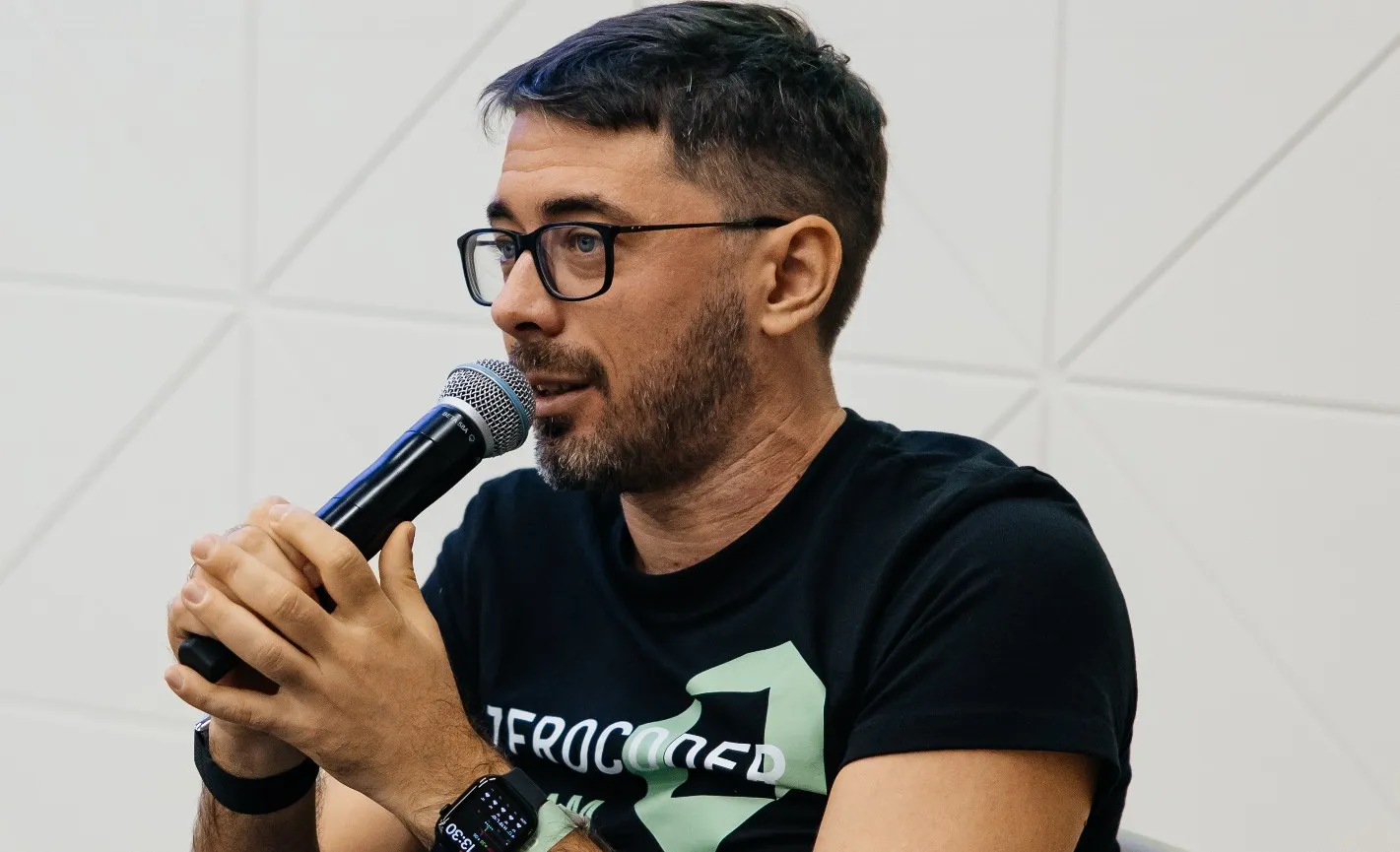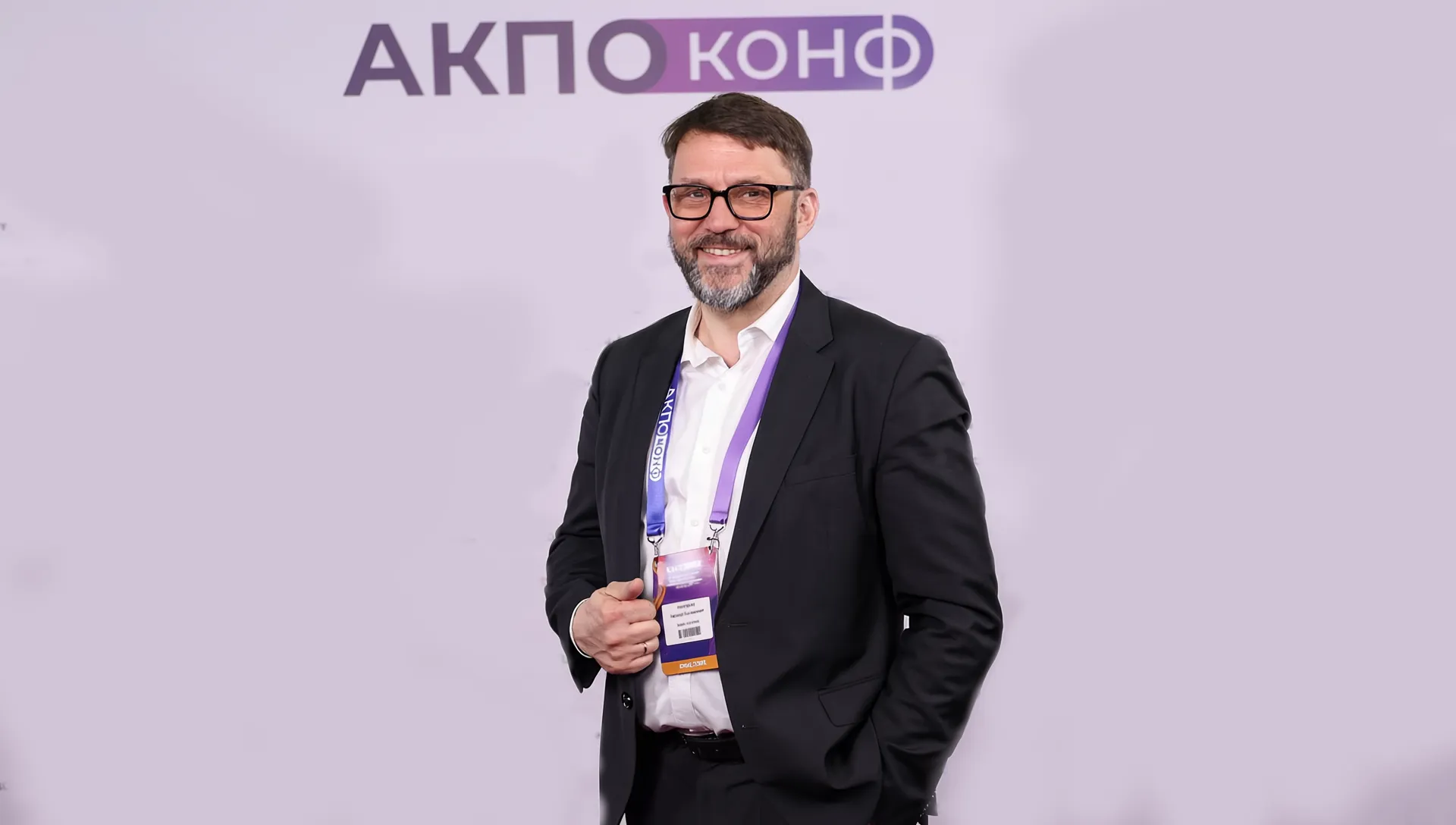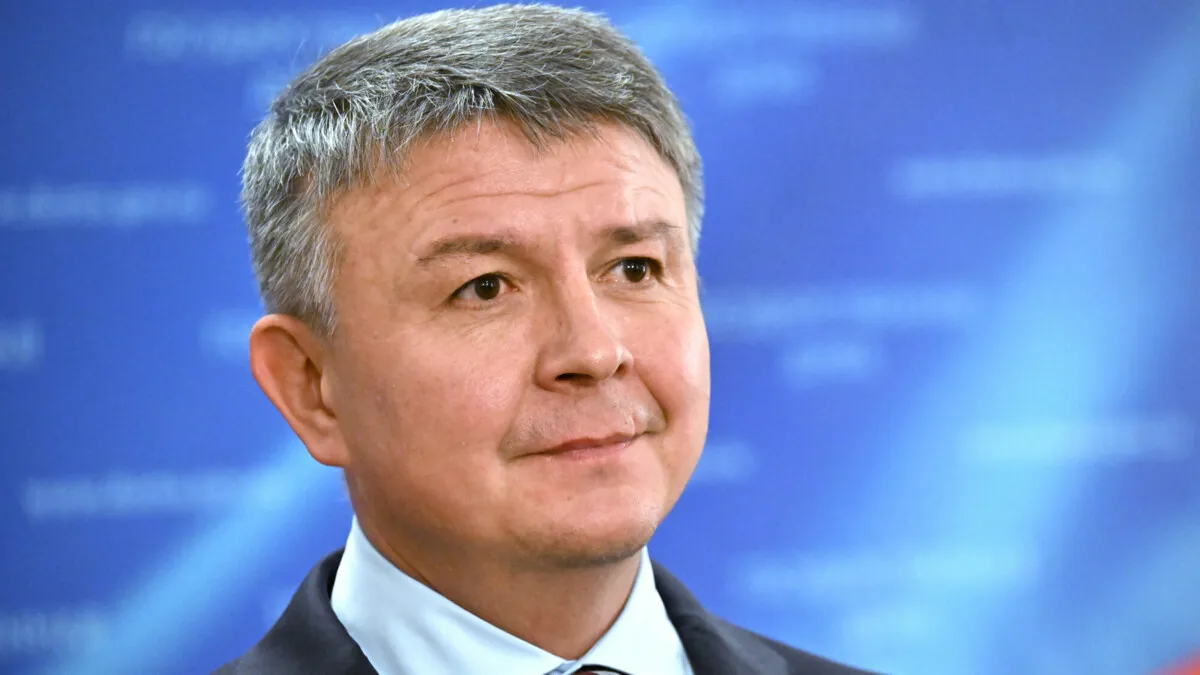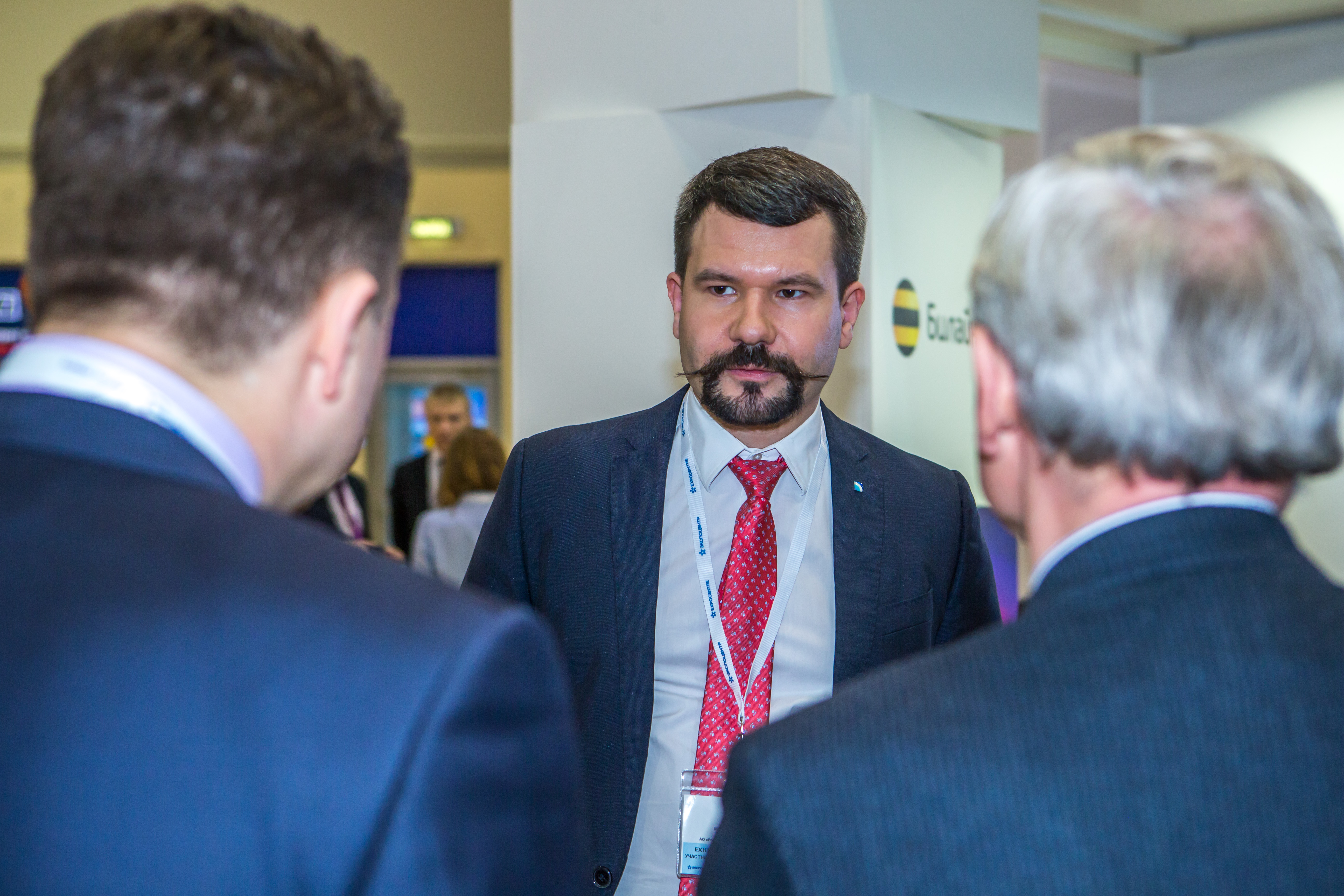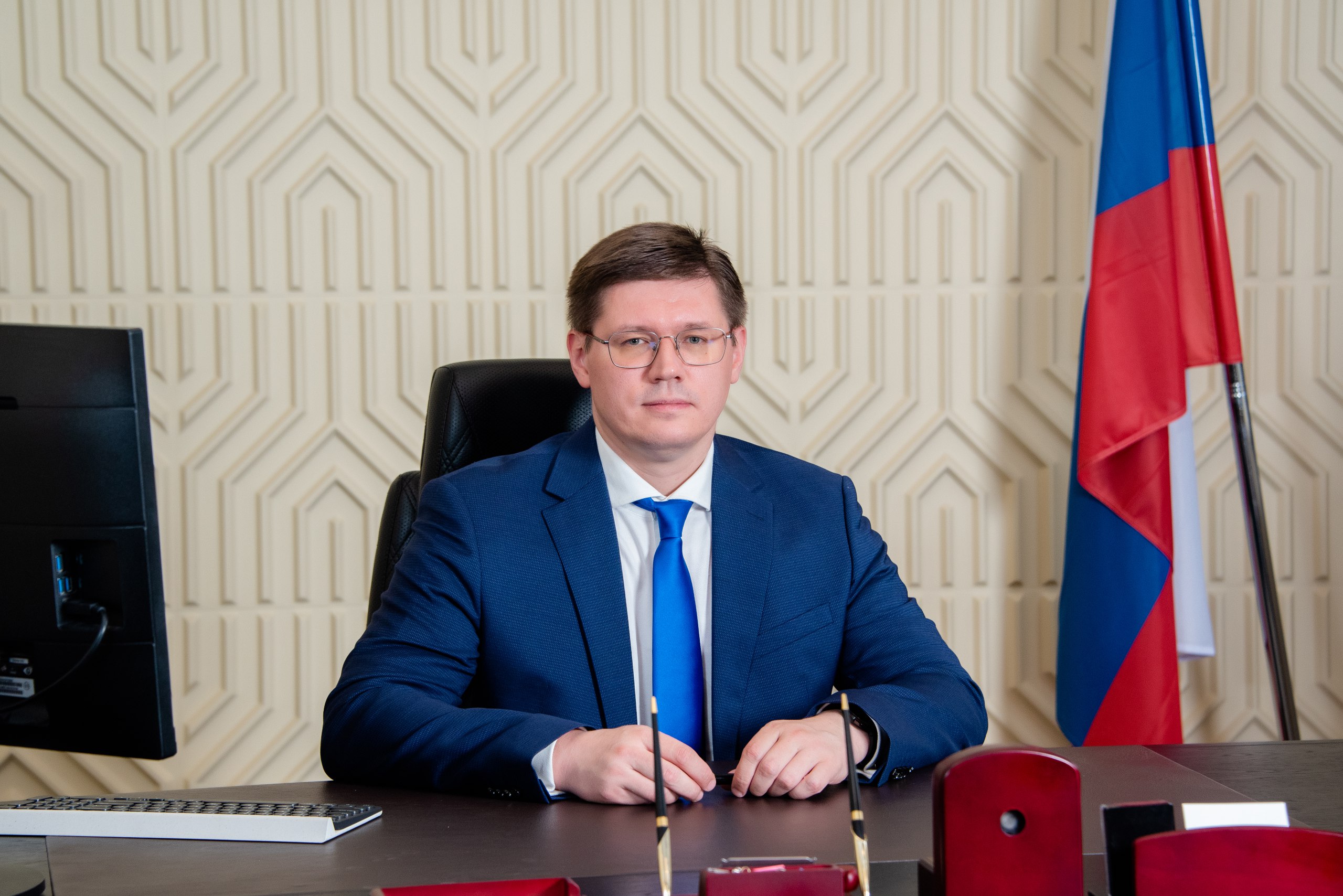‘We Are Different’: How Russia’s Regions Are Training the Next Generation of IT Professionals
The Russian IT and AI education market has experienced explosive growth over the past year. Between January and June 2025, the number of online schools teaching artificial intelligence skills doubled compared to all of 2024. The annual turnover of AI education projects is expected to exceed 5.6 billion rubles (around $63 million). According to Russia’s Ministry of Science and Higher Education, 'Informatics and Computer Engineering' became the most popular major among 2025 graduates, with 869,158 applications—an average of 22 candidates per place. And now, students can acquire sought-after skills without leaving their home regions.
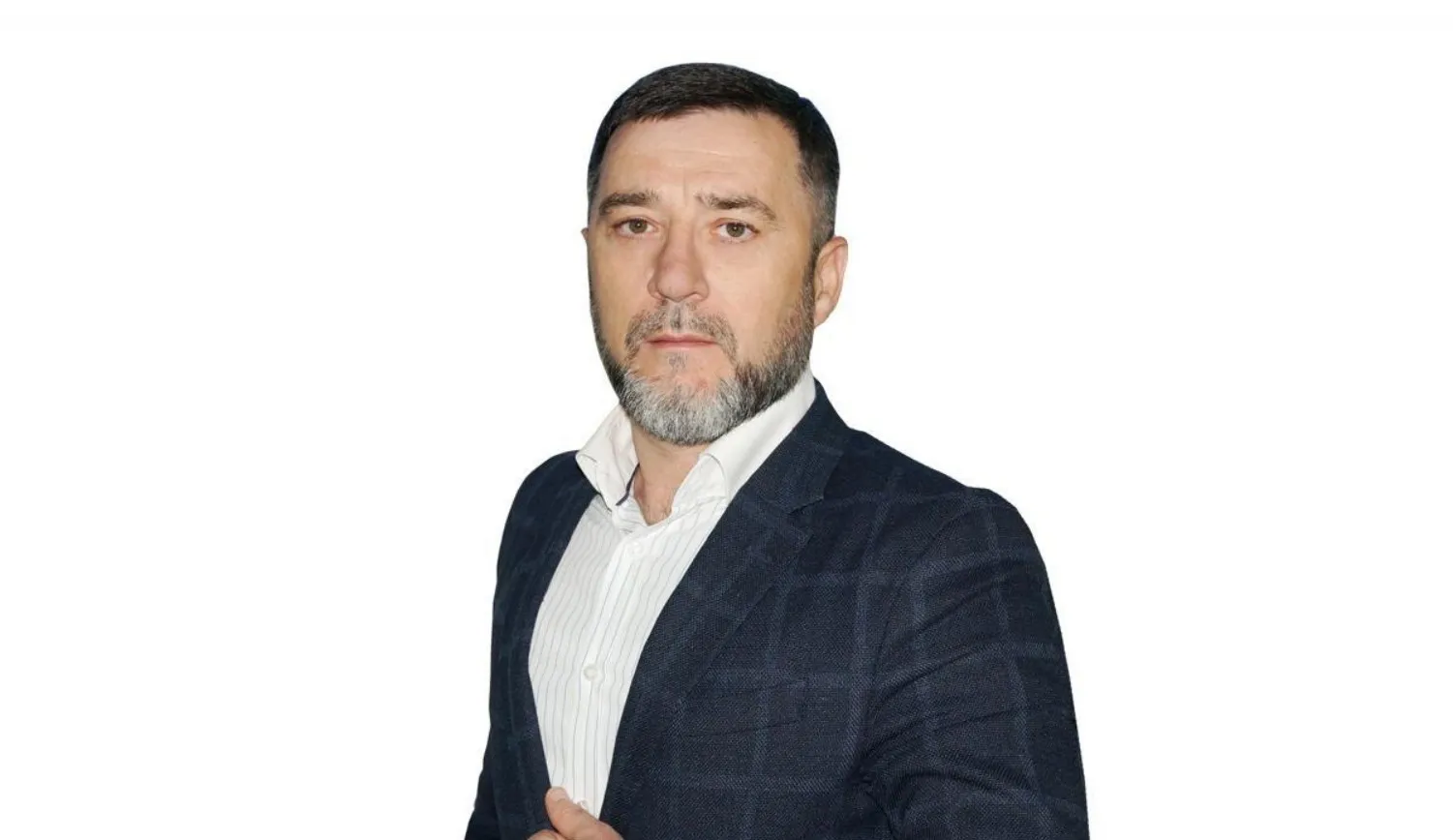
IT RUSSIA spoke with Magomed Abakarov, Director of IThub Caspian College of Information and Creative Technologies in Makhachkala, about how Russia’s regional institutions are preparing competitive specialists for the global digital economy.
Creating Regional Centers of Digital Talent
Abakarov: 'At the beginning, we planned to enroll just 50 students. We didn’t run big ads—just told a few colleagues and friends. But even in that first year, we had 66 students. Now we’re expanding to 150, and our long-term goal is 600.
'We started with the most in-demand programs—software engineering, development, and digital design. Next, we plan to add cybersecurity, game development, and project management. What’s exciting is that students are transferring to us from other colleges and even universities. They see that these skills mean a real career path, and they want to study with a clear sense of purpose.'
Making Learning Practical and Relevant
Abakarov: 'Not after graduation—during studies! Many of our students start working while still in college. We built our curriculum around practical experience. There’s a business incubator where students take on small commercial projects from real companies.
'When they go on internships in May, those who already work in their field can complete the practice component at their workplace. It’s a win-win. Around 80% of our third-year students are already employed—basically the equivalent of first-year university students. Some work in local IT firms, others in Moscow, and a few even in our main IThub office. One student is running his own projects in Dubai.
'Today, geography doesn’t matter—you can live anywhere and work everywhere. Russian labor market analysts agree that digital careers have become borderless.'

Staying Interesting for a Digital Generation
Abakarov: 'It’s about community. You need to make students feel part of something bigger—a family with shared values and goals. Our students are not just learners; they’re mentors and volunteers. They visit schools, talk about college life, and help recruit new students.
'Our slogan is “We are different.” And I think it fits perfectly. We focus on engagement, not hierarchy. For many teenagers who finish ninth grade and don’t want to take university entrance exams, IT colleges like ours are a real opportunity. Modern online education in Russia gives them a fast start into the workforce.'
Training the Teachers of the Future
Abakarov: 'We recruit from schools and universities, and we grow our own. Over three years, we’ve built a strong teaching team—and even have a “bench” of future instructors. Teachers attend professional development courses, including programs in Moscow. They’re genuinely motivated—IT evolves constantly in Russia, which means it’s a perfect field for self-growth and discovery.'
Managing the Machines, Not Fearing Them
Abakarov: 'I don’t think so. Digitalization is already our reality, not the future. Even agriculture relies on IT—look around. In Russia, drones spray crops, tractors with computer vision and autonomous navigation systems operate in the fields, and neural networks monitor greenhouse climates.
'So yes, even a farmer today must understand technology. Government agencies and state corporations approach us asking for students to help develop digital systems. I see tremendous demand, both for young professionals and for experienced IT talent.
'We shouldn’t fear AI. It’s a tool, not a replacement for people. Someone still has to manage it. Skills will evolve, but specialists will always be needed.'
Quality Through Collaboration
Abakarov: 'Quantity doesn’t guarantee quality, but today’s education models are changing. Colleges like ours collaborate closely with the largest IT companies. We have industrial councils and practical labs where students can apply their skills.
'Big corporations—like Sber, Yandex, and Rostec—invite our best-performing students for internships. Some graduates launch their own startups and sell their ideas globally.
'Digitalization has erased geographic boundaries. Whether you live in Moscow or Makhachkala doesn’t matter anymore. If you have the drive to learn and build something meaningful, every opportunity is open to you.'
A Strong Academic Foundation
Abakarov: 'No one would argue that Russia has one of the strongest math education traditions in the world. Logical and analytical training has always been our strength. And since computer science is built on those same principles, Russian IT specialists are globally competitive and in high demand.
'That’s our advantage—and our responsibility: to keep building on this foundation and prepare the next generation of innovators.'


